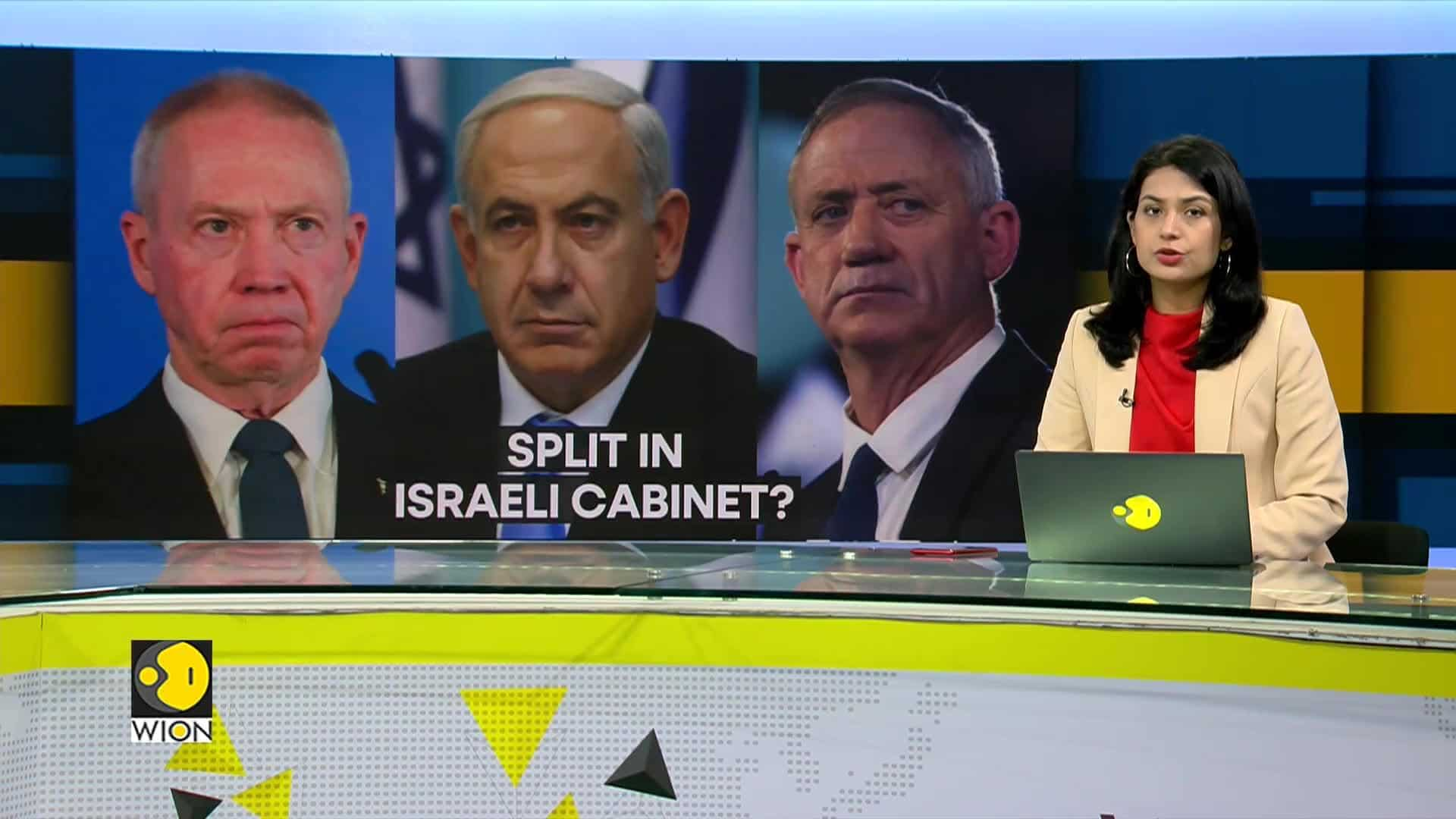In a notable development in Middle Eastern diplomacy, Israel has announced plans to send its Mossad chief to Qatar, signaling a potential advancement in negotiations surrounding a ceasefire and a deal for hostages. This decision highlights the critical role that Qatar has played as a mediator in the region, particularly in facilitating dialogue between Israel and various Palestinian factions.
The backdrop to this diplomatic initiative is the ongoing conflict that has seen significant loss of life and displacement in the region. The situation has drawn international attention, with calls for a ceasefire growing louder as humanitarian concerns escalate. The involvement of the Mossad chief, a key figure in Israel’s intelligence community, indicates the seriousness with which Israel is approaching these negotiations.
Qatar has long positioned itself as a mediator in Middle Eastern conflicts, leveraging its relationships with various groups to foster dialogue. The Gulf nation has been involved in previous negotiations between Israel and Hamas, the militant group that governs the Gaza Strip. By sending the Mossad chief to Qatar, Israel is acknowledging the importance of this relationship and the potential for Qatar to facilitate a breakthrough in the current impasse.
The discussions are expected to focus on several critical issues, including the terms of a ceasefire and the conditions for the release of hostages held by various factions. The hostage situation has been a particularly sensitive topic, with families of those captured calling for urgent action. The prospect of a deal that could lead to their release is likely to be a significant motivator for both sides in these negotiations.
As the talks progress, the international community is closely monitoring the situation. The United States and other nations have expressed support for a ceasefire and have urged both parties to engage in constructive dialogue. The involvement of high-level officials, such as the Mossad chief, may provide the necessary impetus for a resolution that has eluded previous attempts.
The dynamics of the region are complex, with various actors influencing the situation. The role of external powers, including the United States, Iran, and Egypt, cannot be overlooked. Each has its interests and alliances, which can complicate negotiations. However, Qatar’s unique position as a mediator may allow it to navigate these complexities more effectively than other nations.
In addition to the immediate concerns surrounding the ceasefire and hostages, the broader implications of these negotiations are significant. A successful outcome could pave the way for improved relations between Israel and its neighbors, potentially leading to a more stable regional environment. Conversely, a failure to reach an agreement could exacerbate tensions and lead to further violence.
The upcoming visit of the Mossad chief to Qatar is a critical moment in this ongoing saga. It reflects a willingness on the part of Israel to engage in dialogue and seek a peaceful resolution to the current crisis. The outcome of these discussions remains uncertain, but the very act of negotiation is a step toward addressing the underlying issues that have fueled the conflict.
As the situation develops, it will be essential for all parties involved to approach the negotiations with a commitment to finding common ground. The stakes are high, and the potential for both progress and setbacks is significant. The international community will be watching closely, hoping for a resolution that can bring an end to the suffering experienced by those caught in the crossfire.
In conclusion, the decision to send the Mossad chief to Qatar marks a pivotal moment in the ongoing efforts to secure a ceasefire and negotiate the release of hostages. It underscores the importance of diplomacy in addressing complex conflicts and highlights the role that mediators like Qatar can play in facilitating dialogue. As the talks unfold, the hope remains that a peaceful resolution can be achieved, bringing much-needed relief to those affected by the ongoing violence.


